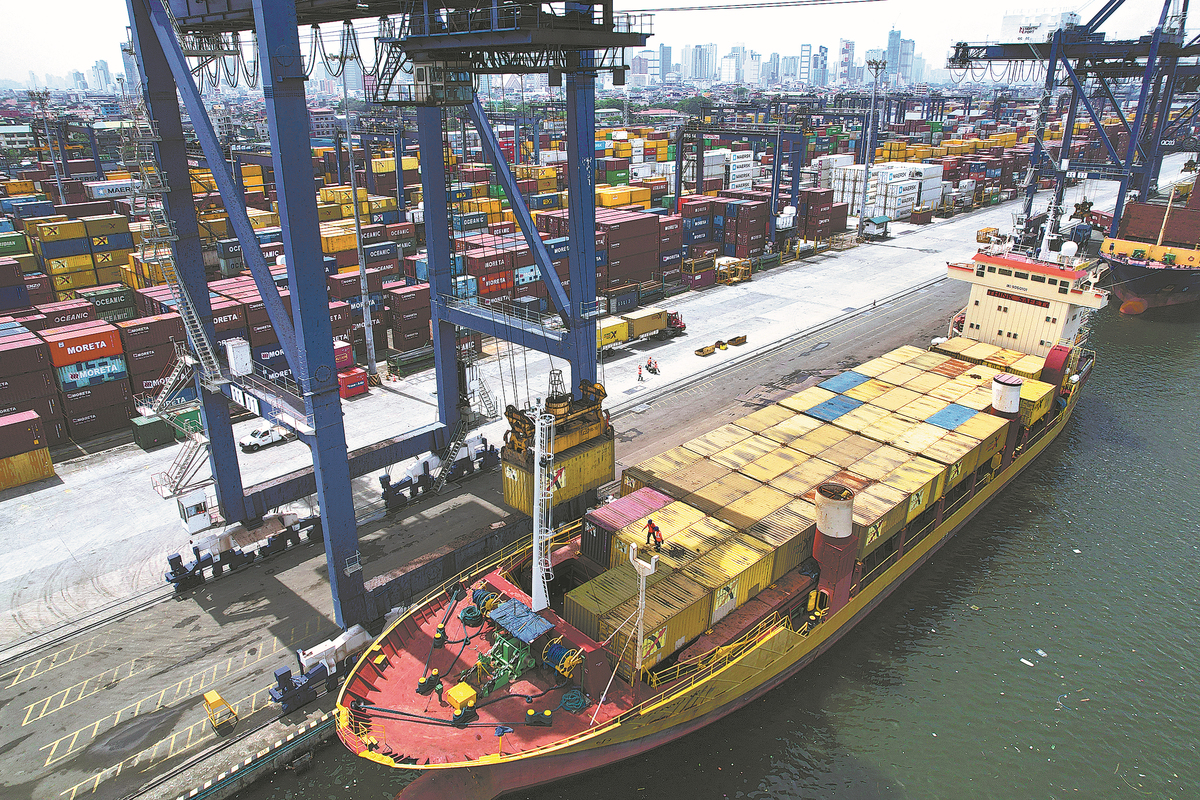Tariff turbulence propels ASEAN rethink
'One-sided' concessions, possible dumping raise concerns, experts say


During his opening remarks at the Global Halal Summit in September, Malaysian Minister of Investment, Trade, and Industry Tengku Zafrul Abdul Aziz recalled the "complex, challenging process" of negotiating tariffs with the United States.
The trade minister led a high-level Malaysian delegation to Washington to negotiate the tariffs, after US President Donald Trump announced in April he would slap "reciprocal tariffs", ranging from 10 to 50 percent, on dozens of trading partners. Malaysia, one of the world's biggest exporters of semiconductors and commodities, was alarmed by the prospect of a 25 percent tariff.
Tengku Zafrul said one of the sticking points in the negotiations was Malaysia's halal certification, which was regarded as a form of "non-tariff barrier". However, Malaysia considers the halal standards a "red line" that needs to be defended, Tengku Zafrul told hundreds of participants who gathered at the Sept 19 summit in Kuala Lumpur.
He said that while Malaysia agreed to the facilitation of the import process for certain halal-certified products, "we stood firm on maintaining our world-class, world-leading halal standards".
Muslim-majority Malaysia maintains a halal certification system. Halal means permissible, or lawful, in Arabic, and most of the country's population consumes products and services allowed in the Islamic faith.
The nearly four-month negotiations concluded on July 31 with Trump agreeing to reduce the tariff on Malaysian products to 19 percent. While Malaysia has succeeded in maintaining its halal standards, it also offered concessions to the US — a commitment to buying aircraft, energy and telecommunications equipment.
Despite the tariff reductions and concessions, Bank Negara Malaysia, the country's central bank, in late July cut Malaysia's GDP forecast for the year to 4 to 4.8 percent from the 4.5 to 5.5 percent forecast in March.
"The global growth outlook is affected by shifting trade policies and uncertainties surrounding tariff developments, as well as geopolitical tensions. As a small open economy, Malaysia's growth prospects will be shaped by these developments," BNM said in a statement.
























